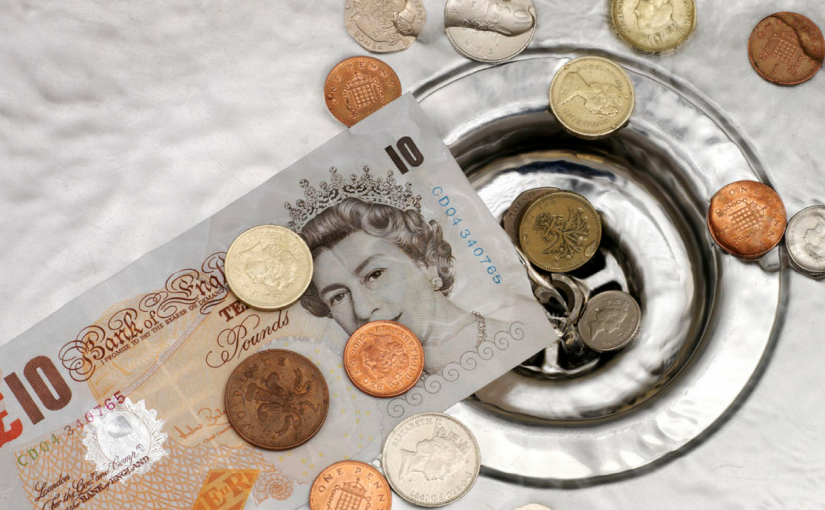This post may contain affiliate links please read our disclosure for more info.
Image credit: http://www.yourmoney.com/
Over the course of your career, you are likely to move jobs and contribute to more than one pension. Keeping track of all your separate pensions and monitoring the relative performance can be a difficult task; there’s also the often complicated fees and charges to be taken into consideration too. It is no wonder that many working adults in the UK do not stay on top of their retirement planning in general and pensions in particular.
Your Pensions and Performance
When you have tracked down your pension pots, write to the pension providers and if necessary advise them of your new address. I add this point in because whenever I have lost track of a pension it is because pension providers have been sending the annual statements to an old address. You must notify them when you move house. Once your details have been verified, when you call your pension provider they will be able to give you a statement balance for your pension. Repeat this step for each of your pension pots. Ideally you will have the balance from previous years too. This will enable you to calculate which is your best performing pension.
Exit Charges
Once you have worked out which is your best performing pension it would be great if you could simply move all of your pensions into the best performing pension and go on to live happily ever after. Well, unfortunately it is not that simple, whilst most pension providers will usually let you add to an existing pension pot free of charge the same cannot be said ot exiting an existing pension plan. You are likely to face exit charges for exiting the pension plan early. Give your pension provider a call to find out the full extent of the charges that you will face if you exit the pension plan.
What Should You do?
After your research and phone calls, you will have a better understanding of whether it is a good idea to combine all of your pension pots into one. I cannot give a generic recommendation in this case. Please also consider the investment funds that your pensions are invested in on your behalf. You could have set them up with different risk profiles; keeping separate pension pots could be a smart way to diversify your pensions portfolio and reduce investment risk. At some point as you are evaluating your pensions and deciding what to do it would be sensible to consult an independent financial adviser.
Have you tracked down a lost pension pot recently ? Have you worked out which is the best performing pension? Let me know in the comments section below. There is no need to write any specific amounts!
If you have enjoyed this post you will also like the following posts:
Save up to £300 per year by Changing Broadband Supplier
Investments: Why Saving is Not Enough
How to Stop Emotional Spending
Water Bills: Are you Pouring Money down the Plughole?
How to Stick to Your Budget During Summer: 5 Tips
Does Your Choice of Supermarket Matter?
Save Money by Switching Energy Supplier Every Year
How to Stop Impulse Buying – 10 Ways
Have you Found all of Your Dormant Accounts?
Can you live off a Cash Budget for a Week?
Has the Cryptocurrency Bubble Burst?
Why you Should Drive and Old Car and Pay of Your Mortgage Early
Make Money By Being Part of a Focus Group
My aim with each blog post is to help you move to a better financial future. I believe that there is not enough financial education in the national curriculum and I intend to share anything helpful that I have learned along the way. I am by no means a financial expert. None of the information on this website constitutes financial advice and is provided as general information only. This is my personal finance blog; my marketing blog is over here and I have been blogging there since 2010. I hope you have found this information useful. Thank you for reading.
Best regards,
Mike























